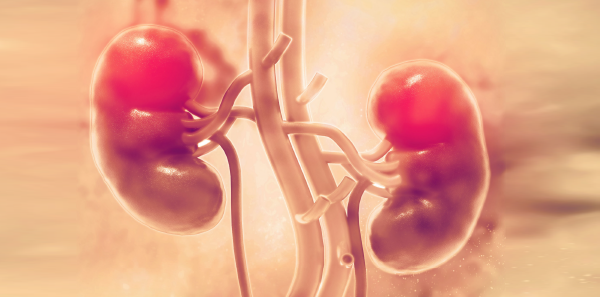
Emergency physicians order basic metabolic panels for a variety of reasons. For patients without a primary care physician, an ED visit presents a potentially important opportunity beyond any acute diagnoses and treatment received. Some chronic medical problems can be detected by intent or by chance in the course of many ED workups. Emergency physicians should be on the lookout for these and seize the opportunity to encourage appropriate follow-up.
Explore This Issue
ACEP Now: Vol 39 – No 08 – August 2020About 37 million American adults (15 percent) are living with kidney disease.1 Among people with chronic kidney disease (CKD), the prevalence of hypertension by disease stage is approximately 36 percent in stage 1, 45 to 50 percent in stage 2, 60 percent in stage 3, and more than 80 percent in stages 4–5.2 The majority (90 percent) of CKD patients are not aware of their condition, and nearly half are in advanced stages when they receive a definitive diagnosis.3 There is a significant likelihood of undiagnosed CKD among ED patients. While only 3.4 percent of people diagnosed with CKD visited the emergency department between 2015 and 2016, approximately one-third of all ED patients present with blood pressure levels above the threshold for hypertension diagnosis, which would also increase the likelihood of concomitant CKD.4,5
Emergency Physicians Are Uniquely Positioned in Kidney Care
CKD is a major threat to population health in the United States, and if the condition is not diagnosed early and managed well, it inevitably progresses to end-stage renal disease (ESRD). One in five patients with ESRD die within a year after starting dialysis, and that number soars to half of patients within five years.4 Approximately 7.2 percent of Medicare fee-for-service annual spending is for the care of ESRD and totaled $35.9 billion in 2017 alone.2
In response to these issues, the White House released the Advancing American Kidney Health Initiative last year, with the intention of urging the transformation of kidney care.6 The priority of this executive order is to “prevent kidney failure whenever possible through better diagnosis, treatment, and incentives for preventive care.”
Emergency physicians are uniquely positioned to answer the call to prevent kidney failure because they interact with significant numbers of affected individuals, most of whom have very low awareness of the disease.
Emergency physicians can increase awareness of CKD among patients with hypertension, and this can be accomplished in part by acknowledging the long-term significance of a low glomerular filtration rate (GFR), discussing it with the patient, and ensuring there is adequate follow-up. When a patient’s GFR is low, emergency physicians might counsel the patient on adherence to antihypertensive medications and provide a referral to primary care for CKD management.
Pages: 1 2 3 | Single Page


No Responses to “Opinion: Should Emergency Departments Watch for Chronic Kidney Disease?”